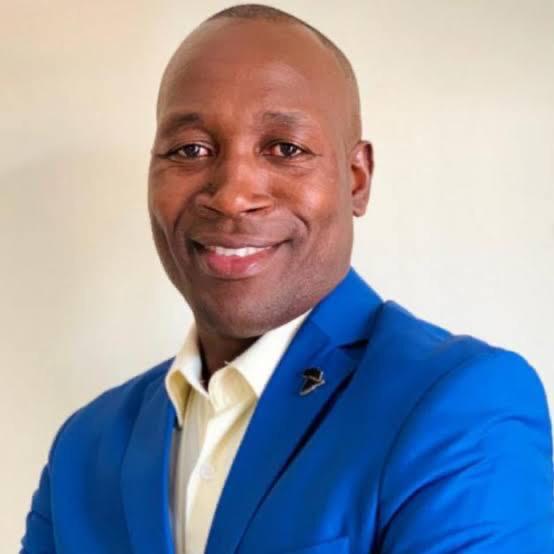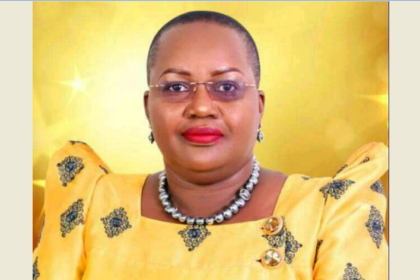Peace Service Ambassador Milton Kambula has called on African nations to take charge of their own fight against corruption and poor governance, rather than relying on sanctions from Western countries.
His remarks came during an interview addressing recent sanctions imposed by Britain on Ugandan leaders, including Speaker of Parliament Anita Annet Among and former Ministers Agnes Nandutu and Mary Goretti Kitutu, over corruption allegations.
Ambassador Kambula emphasized that while sanctions may compel leaders to reform, they should not be misused to undermine a country’s sovereignty. “The nation of Uganda has a constitution and her courts of law are operational amidst corruption challenges, even in this situation where some Ugandan leaders have been slapped with sanctions,” he said.
Kambula argued that before any foreign country imposes sanctions, there should be an opportunity for domestic or regional processes to address the issues.
“After being convinced that these national and regional courts of law and structures have failed, then international sanctions would be issued with the backing of local and regional grassroots populations, which would see it as an opportunity to make leaders accountable to national and Africa development priorities,” he noted.
The ambassador highlighted the importance of self-reliance in addressing Africa’s challenges. “We want parents, students, religious, cultural, business, civil society, and policy leaders to join hands to fight corruption, crime, and terrorism. We cannot wait for sanctions from Western countries to help African leaders account,” Kambula stated.
Kambula further stressed that African institutions must protect the rights and freedoms of the continent’s 1.4 billion people. “This inspires us to rethink the role of family institutions in nurturing and producing morally upright, socially responsible, economically productive, and spiritually aligned populations so that all sectors get transformed and the nation realizes peace and development,” he added.
His views reflect a growing sentiment among African leaders against external interference through sanctions. Many leaders have criticized unilaterally imposed restrictions and attempts to use UN Security Council sanctions to interfere in the internal affairs of African states.
Notably, even some foreign leaders have denounced the Western tendency (U.S., Britain, and France) of sanctioning African governments they deem to contravene human rights while turning a blind eye to their allies, who commit the same abuses.
Russian envoy Vasily Nebenzia echoed this stance during a video address to the 3rd “Russia – Africa: What’s Next?” International Youth Forum. “We decisively condemn the unilateral restrictions imposed against African countries. We discourage the attempts to use UN Security Council restrictions as instruments of interference in the internal affairs of other states,” Nebenzia said. “We principally oppose the external imposition of any political organization recipes and advocate the reduction of the sanctions pressure on sovereign African nations.”
Kambula’s call for an internal resolution underscores the need for robust and independent mechanisms within African countries to tackle corruption and ensure good governance.
He reiterated that sanctions often penalize the local populace while those targeted continue their lavish lifestyles. “Sanctions don’t fix nations but make local people pay the cost while those sanctioned continue in their luxury,” Kambula remarked.
As Africa continues to navigate its development path, Kambula’s message is a reminder of the importance of self-determination and the collective responsibility of all sectors of society in achieving sustainable development and governance.
Do you have a story in your community or an opinion to share with us: Email us at Submit an Article









